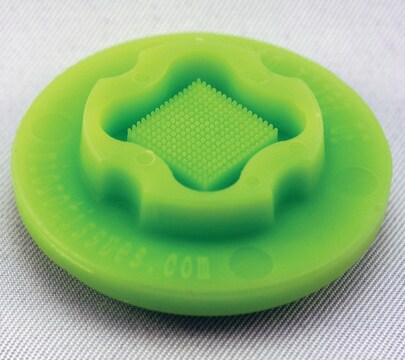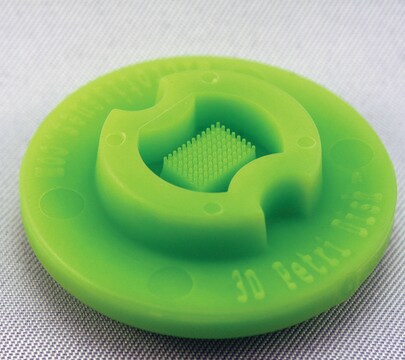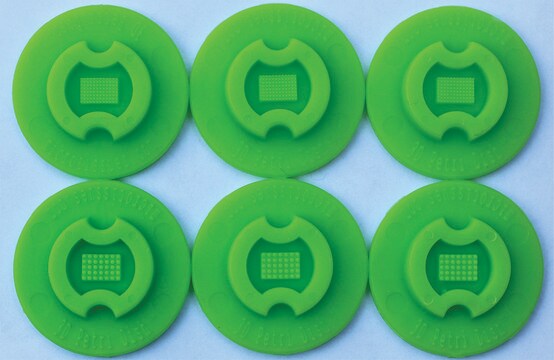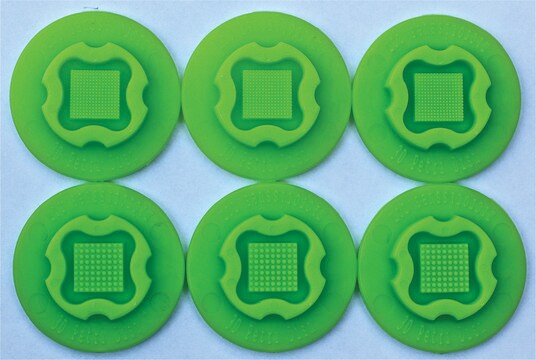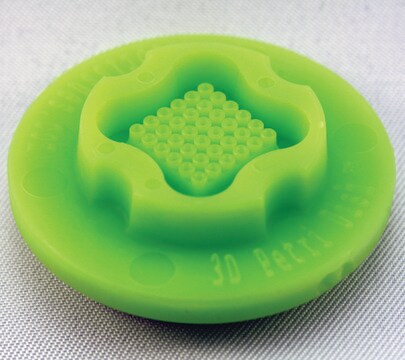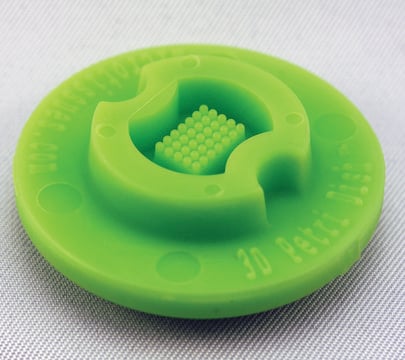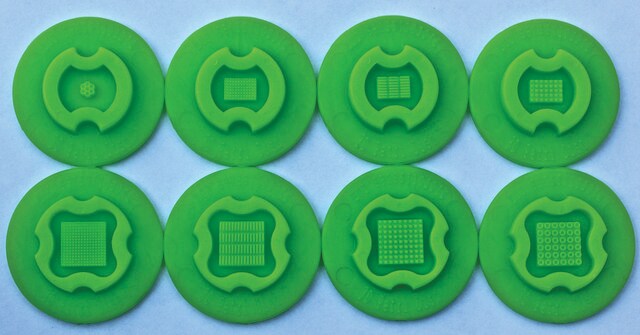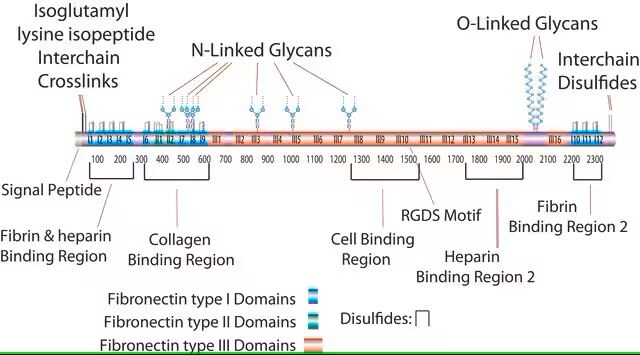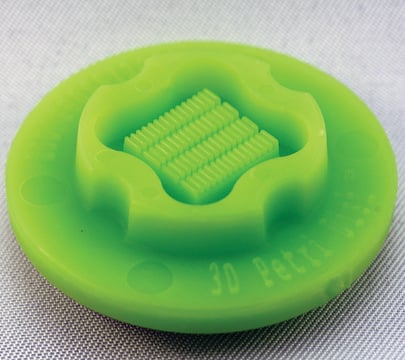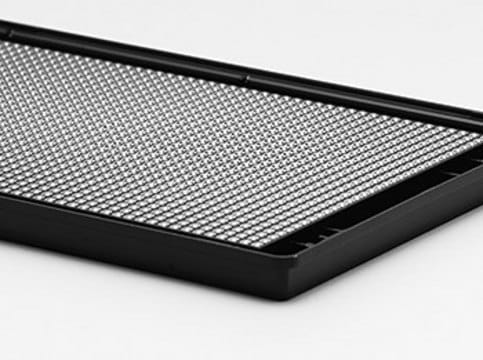Z764019
MicroTissues® 3D Petri Dish® micro-mold spheroids
size L, 9 x 9 array, fits 12 well plates
Synonym(s):
3D, 3D Cell Culture
Sign Into View Organizational & Contract Pricing
All Photos(1)
About This Item
UNSPSC Code:
41121812
NACRES:
NB.14
Recommended Products
material
spherical
size
L
sterility
sterile; autoclaved
feature
lid: no
9 x 9 array
packaging
pack of 6 ea
manufacturer/tradename
MicroTissues Inc. 12-81
volume
190 μL
Looking for similar products? Visit Product Comparison Guide
General description
Six autoclavable precision micro-molds to cast 3D Petri Dish for forming larger spheroids. 3D Petri Dish for use in 12-well plate. Each micro-mold forms 81 circular recesses in a 9 x 9 array.
- Nominal dimensions of each 3D culture recess: diam. 800 μm x D 800 μm
- Micro-molds also form single chamber for cell seeding
When the gelled agarose is removed from the micro-mold, it is transferred to a standard 12 well or 24 well tissue culture dish and equilibrated with cell culture medium.
Since the agarose is transparent, the spheroids or microtissues that form at the bottom of each agarose micro-well can be easily viewed using a standard inverted microscope using phase contrast, bright field or fluorescence microscopy.
Since the agarose is transparent, the spheroids or microtissues that form at the bottom of each agarose micro-well can be easily viewed using a standard inverted microscope using phase contrast, bright field or fluorescence microscopy.
- The micro-molds are reusable up to 12 times and can be sterilized via a standard steam autoclave (30 min, dry cycle)
- The micro-molds should be stored in a covered container to maintain sterility and to avoid collecting dust or fibres on their small features
- Any microscope with sufficient magnification and resolution functions for cell based views or images will be suitable for use with the 3D Petri Dish products
Legal Information
3D Petri Dish is a registered trademark of MicroTissues Inc.
MicroTissues is a registered trademark of MicroTissues Inc.
Choose from one of the most recent versions:
Certificates of Analysis (COA)
Lot/Batch Number
It looks like we've run into a problem, but you can still download Certificates of Analysis from our Documents section.
If you need assistance, please contact Customer Support.
Already Own This Product?
Find documentation for the products that you have recently purchased in the Document Library.
Customers Also Viewed
Elizaveta V Koudan et al.
Biotechnology journal, 15(5), e1900217-e1900217 (2020-01-30)
Reproducible, scalable, and cost effective fabrication and versatile characterization of tissue spheroids (TS) is highly demanded by 3D bioprinting and drug discovery. Consistent geometry, defined mechanical properties, optimal viability, appropriate extracellular matrix/cell organization are required for cell aggregates aimed for
Vladislav A Parfenov et al.
Science advances, 6(29), eaba4174-eaba4174 (2020-08-04)
Magnetic levitational bioassembly of three-dimensional (3D) tissue constructs represents a rapidly emerging scaffold- and label-free approach and alternative conceptual advance in tissue engineering. The magnetic bioassembler has been designed, developed, and certified for life space research. To the best of
Cameron S Cowan et al.
Cell, 182(6), 1623-1640 (2020-09-19)
Human organoids recapitulating the cell-type diversity and function of their target organ are valuable for basic and translational research. We developed light-sensitive human retinal organoids with multiple nuclear and synaptic layers and functional synapses. We sequenced the RNA of 285,441
Our team of scientists has experience in all areas of research including Life Science, Material Science, Chemical Synthesis, Chromatography, Analytical and many others.
Contact Technical Service